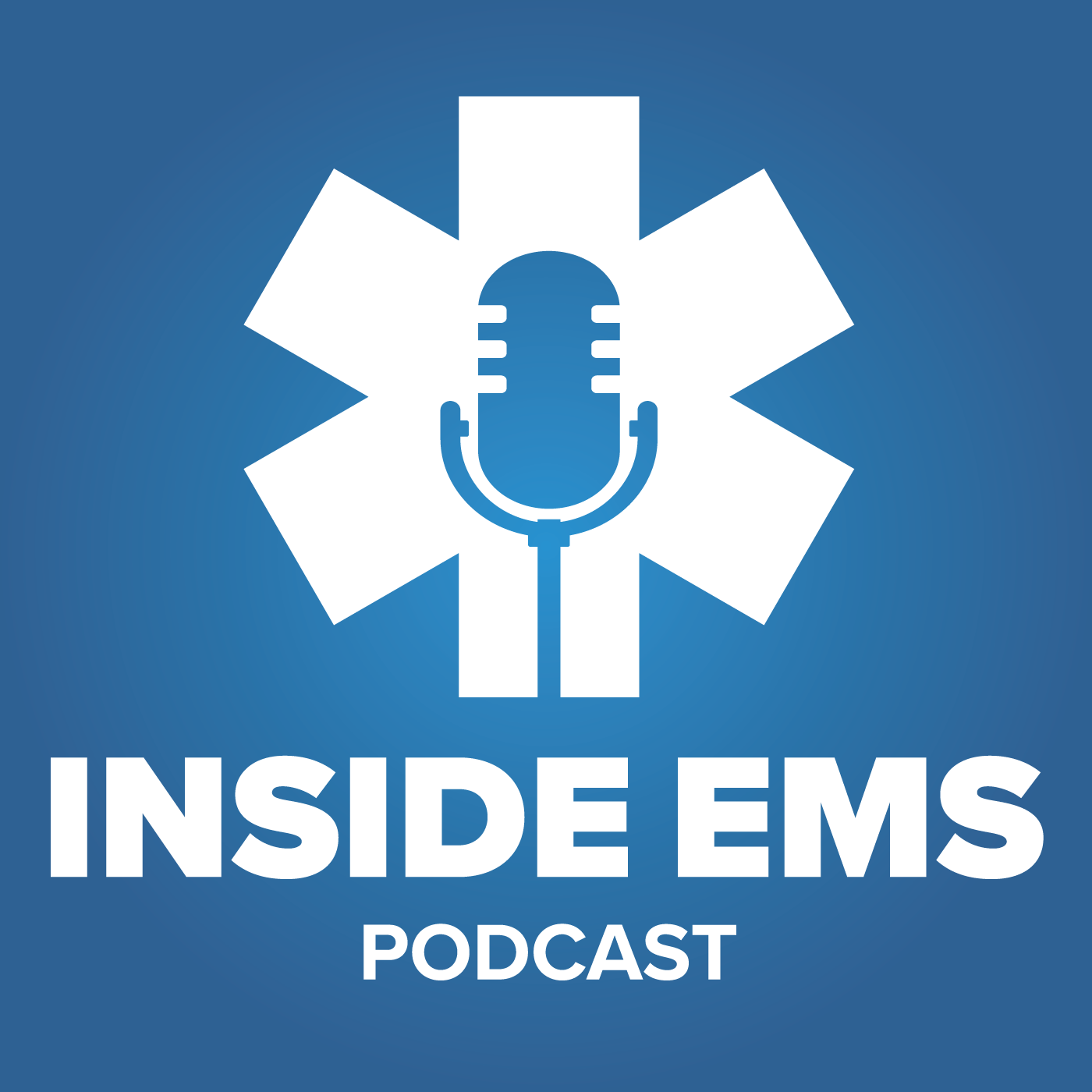- Government
- SEE MORE
- classical
- general
- talk
- News
- Family
- Bürgerfunk
- pop
- Islam
- soul
- jazz
- Comedy
- humor
- wissenschaft
- opera
- baroque
- gesellschaft
- theater
- Local
- alternative
- electro
- rock
- rap
- lifestyle
- Music
- como
- RNE
- ballads
- greek
- Buddhism
- deportes
- christian
- Technology
- piano
- djs
- Dance
- dutch
- flamenco
- social
- hope
- christian rock
- academia
- afrique
- Business
- musique
- ελληνική-μουσική
- religion
- World radio
- Zarzuela
- travel
- World
- NFL
- media
- Art
- public
- Sports
- Gospel
- st.
- baptist
- Leisure
- Kids & Family
- musical
- club
- Culture
- Health & Fitness
- True Crime
- Fiction
- children
- Society & Culture
- TV & Film
- gold
- kunst
- música
- gay
- Natural
- a
- francais
- bach
- economics
- kultur
- evangelical
- tech
- Opinion
- gaming
- College
- technik
- History
- Jesus
- Health
- movies
- radio
- services
- Church
- podcast
- Education
- international
- Transportation
- Other
- kids
- podcasts
- philadelphia
- Noticias
- love
- sport
- Salud
- film
- and
- 4chan
- Disco
- Stories
- fashion
- Arts
- interviews
- hardstyle
- entertainment
- humour
- medieval
- literature
- alma
- Cultura
- video
- TV
- Science
- en
Mechanism of injury: Does it matter?

This episode of Inside EMS is brought to you by Lexipol, the experts in policy, training, wellness support and grants assistance for first responders and government leaders. To learn more, visit\xa0lexipol.com.\nIn this episode of Inside EMS, Host Chris Cebollero is joined by Firefighter/Paramedic Steve Whitehead, NREMT-P, and scholar-practitioner Nick Nudell, PhD(c).\nReal-life friends, Whitehead and Nudell bring forth an EMS debate in which they find themselves on opposite sides: the importance of reporting mechanism of injury.\nIn paramedic school, they teach us to take what we see at the scene and bring that into the hospital \u2013 to take photos, describe the damage to the vehicle, etc., Chris notes. But, does it matter?\nChris listens to their perspectives as they state their case, and then makes his decision. Listen in and let us know your thoughts: is reporting mechanism of injury important?\nMemorable quotes from this episode\n\u201cThis is one of the few things in EMS in which we need to own. Because if we make a mistake and we evaluate the mechanism of injury wrong, no one else can fix that for us.\u201d \u2014 Steve Whitehead\n\u201cFor all except the most unusual mechanisms of injury, the photo is likely worthless.\u201d \u2014 Steve Whitehead\n\u201cThe critical things that the trauma surgeons are really trying to get at in that moment when the patient arrives is \u2013 is their airway patent, are they breathing, is their blood circulating \u2013 they are going to the ABCs, just like we do.\u201d \u2014 Nick Nudell\nABOUT OUR GUESTS\nSteve Whitehead\nSteve Whitehead, NREMT-P, is an EMS instructor with the South Metro Fire Rescue Authority in Lone Tree, Colorado, and the creator of the blog\xa0The EMT Spot. He is a primary instructor for South Metro's EMT program and a lifelong student of emergency medicine. Reach him through his blog at\xa0steve@theemtspot.com.\nNick Nudell\nScholar-practitioner Nick Nudell, PhD(c), is the manager of trauma research services for UCHealth, in Loveland, Colorado; and the president of the American Paramedic Association. He has more than 24 years of data science, public policy and paramedicine experience at all levels, including as a hospital and ambulance-based clinician, educator, consultant, regulator, program manager, executive and researcher.\nHis research interests include innovative governance models and improving health system design to reduce systemic healthcare disparities through mixed methods research concentrated on system design and implementation. He is an advocate for social justice and health equity, interested in discovering the most appropriate resources to provide for a person's needs, in suitable locations, at the right time.\nAdditionally, through his clinical practice, he has gained significant real-world field and academic experience with behavioral health and substance use disorders that contribute to his health equity and social justice scholarship.